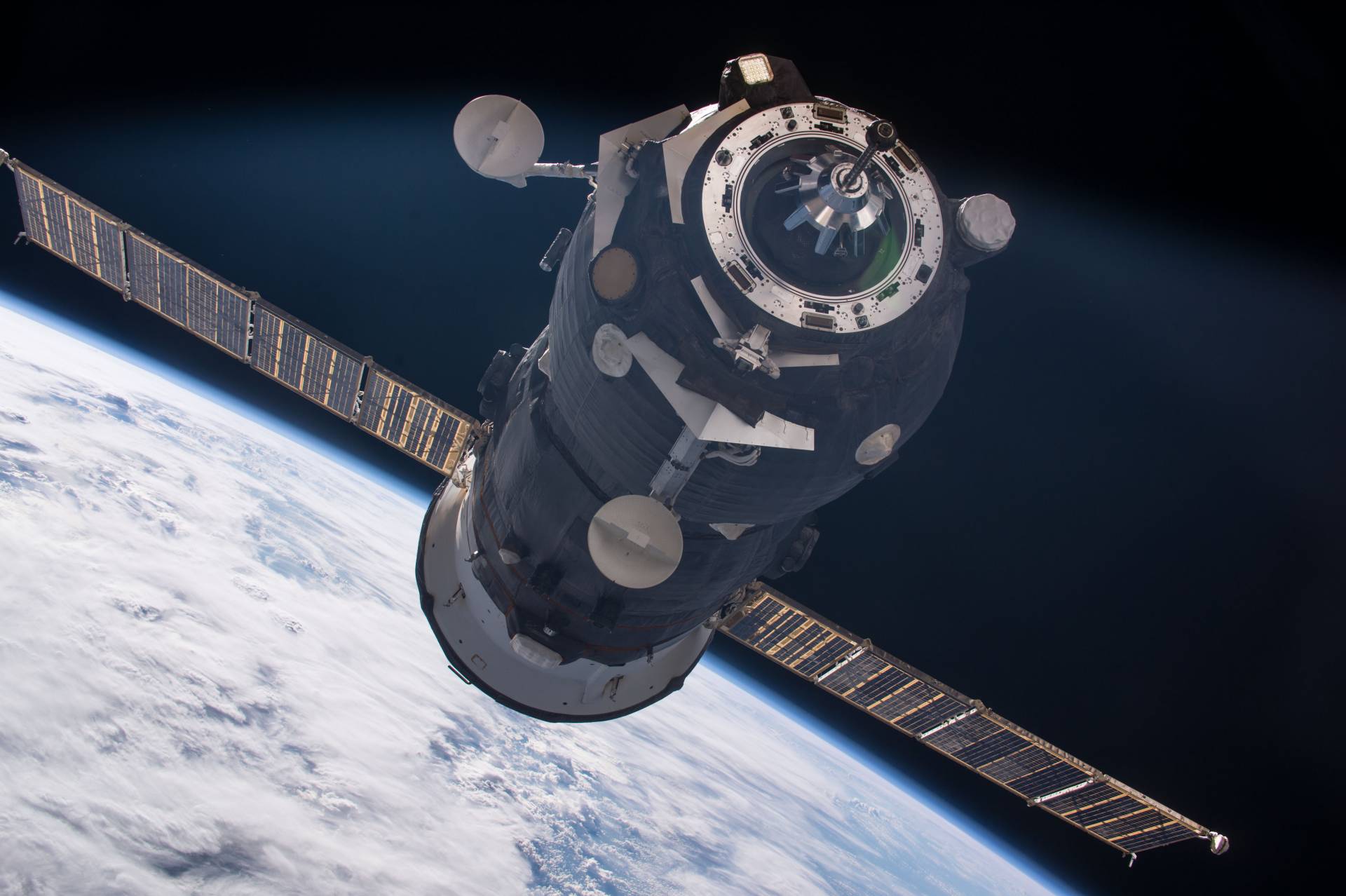On Thursday morning a Russian cargo ship crashed six minutes after its departure that took place in Kazakhstan.
The launch was set in Baikonur, Kazakhstan, but only 6 minutes after the rocket took off it stopped transmitting any information. The cargo ship had as destination the International Space Station and carried a variety of supplies like 1,400 pounds of propellant, 112 pounds of oxygen, 925 pounds of water, among other things that added up to two and a half metric tons of supplies that were lost in the crash.

There were no crew members on board. It is believed that when the ship got to the altitude of around 120 miles, it started to fail, provoking the posterior collapse. In the minute 6 with 22 seconds after the departure, when the upper stage separated itself from the core booster (the flight’s third stage), the automatic system in charge of flight telemetry stopped functioning, and ground controllers didn’t know exactly what was happening.
According to Roscosmos, the Russian Space Agency, the Soyuz “Progress 65” crashed in Tuva, an inhabited Russian republic. They said that most of the spacecraft’s structure was burned in the dense atmosphere.
This crash represents the third to Roscosmos in the last few years. In 2015, another Progress ship dived into the Pacific Ocean after launch. In 2014, a Proton-M Rocket that was carrying an advanced satellite teared up when it reached the atmosphere. The Russian Space Agency has explained, in all opportunities, that these crashed have been caused due to mechanical problems with the spacecraft.
Russian President Vladimir Putin has announced the construction of a new launching site, to replace the Kazakhstan leased Cosmodrome.
“The State Commission is conducting analysis of the current contingency. The loss of the cargo ship will not affect the normal operations of the ISS and the life of the station crew,” a group of officials from the Russian Space Agency wrote in a statement issued Thursday.
Current situation at the International Space Station
NASA has assured in a statement that all the astronauts living in the ISS are safe regarding their vital supplies. A Japanese mission is set to launch toward the station on December 9. The last cargo ship that arrived at the station was an Antares Rocket that got there in October of this year. NASA upcoming missions bound to the ISS are scheduled for spring 2017.
There have been two other incidents regarding cargo ships in the last 25 months. Back in October of 2014, a rocket built by Orbital ATK was destroyed just 6 seconds after launch in Virginia. Later, in April of 2015, a Falcon 9 ship built by NASA sponsor SpaceX, disintegrated after departure.
Currently, the ISS has six astronauts on board. They are Roscosmos’ Sergey Ryzhikov, Andrey Borisenko, and Oleg Novitskiy; NASA’s Shane Kimbrough and Peggy Witson and European Space Agency astronaut Thomas Pesquet.
Source: NPR
